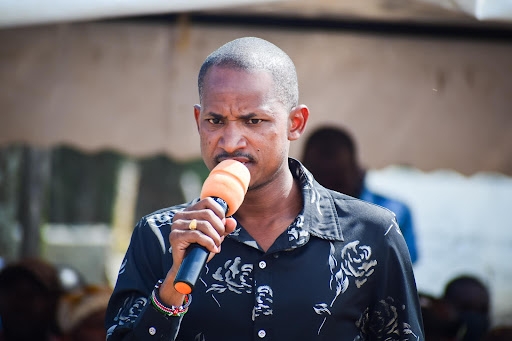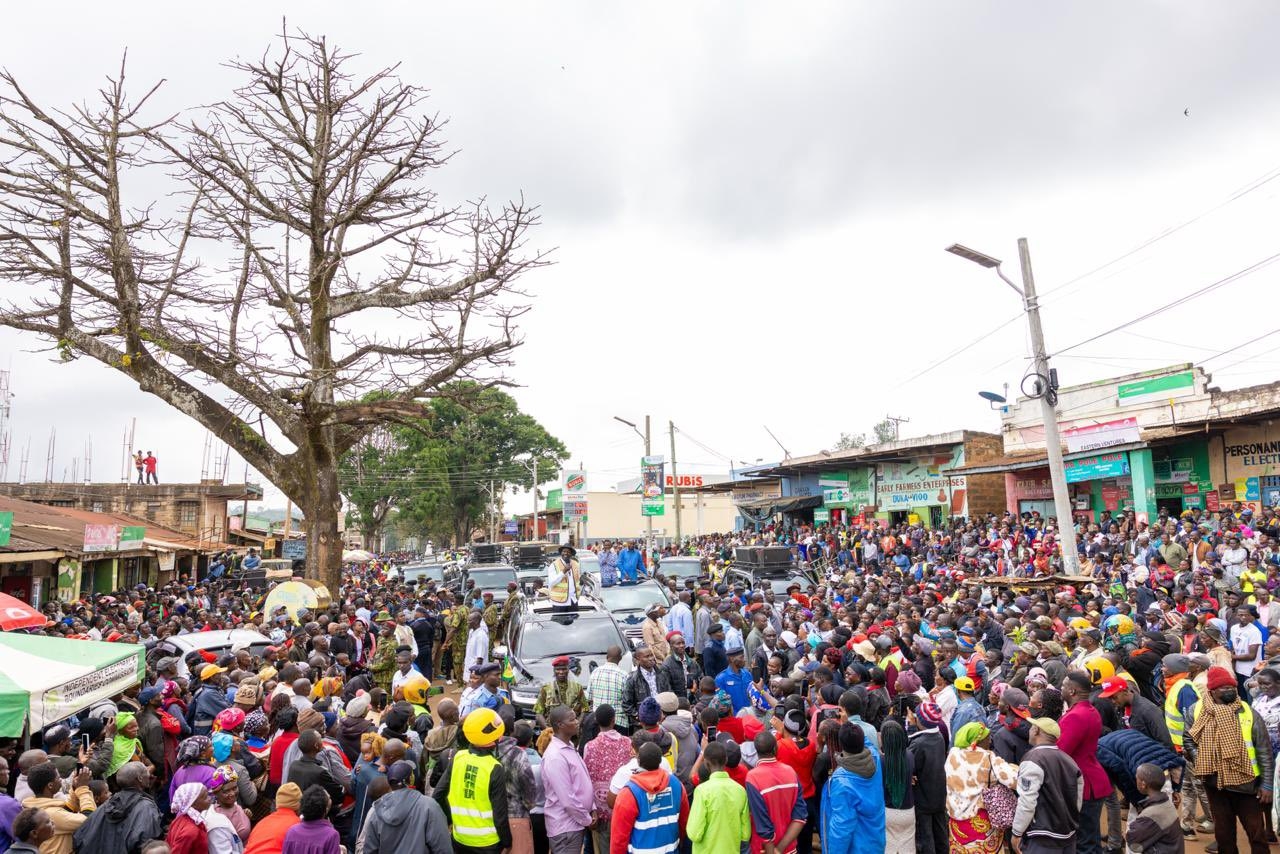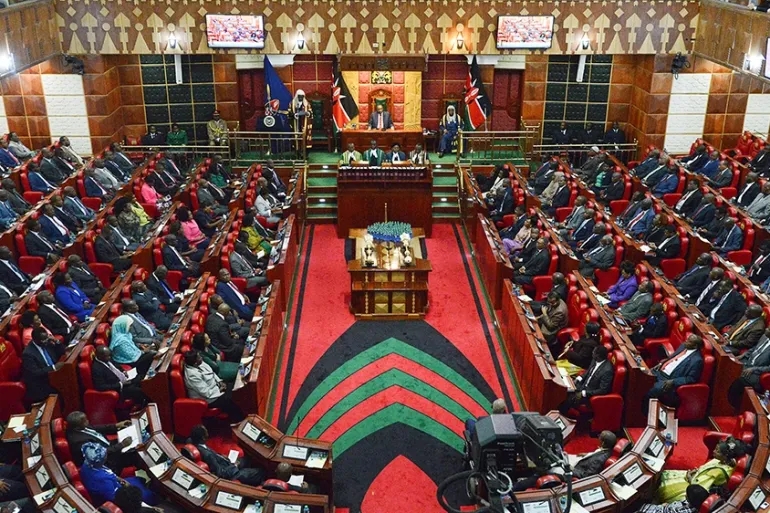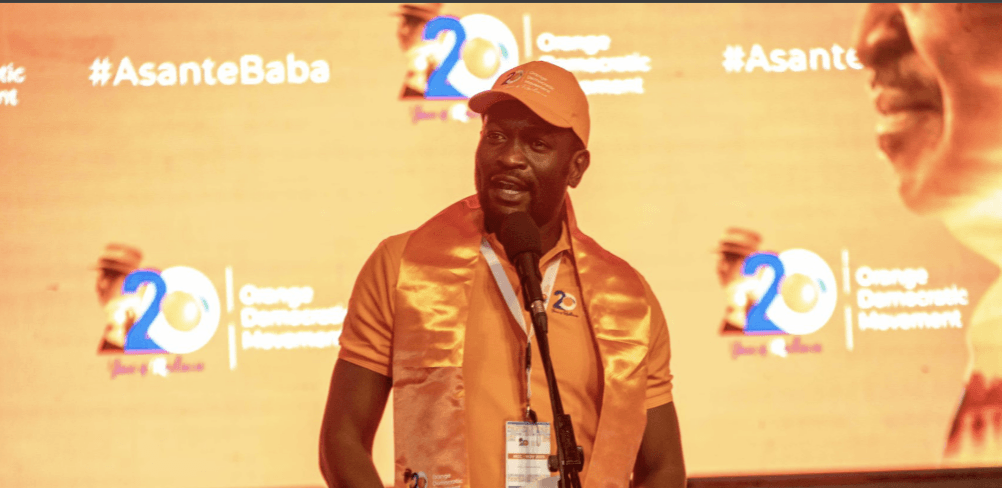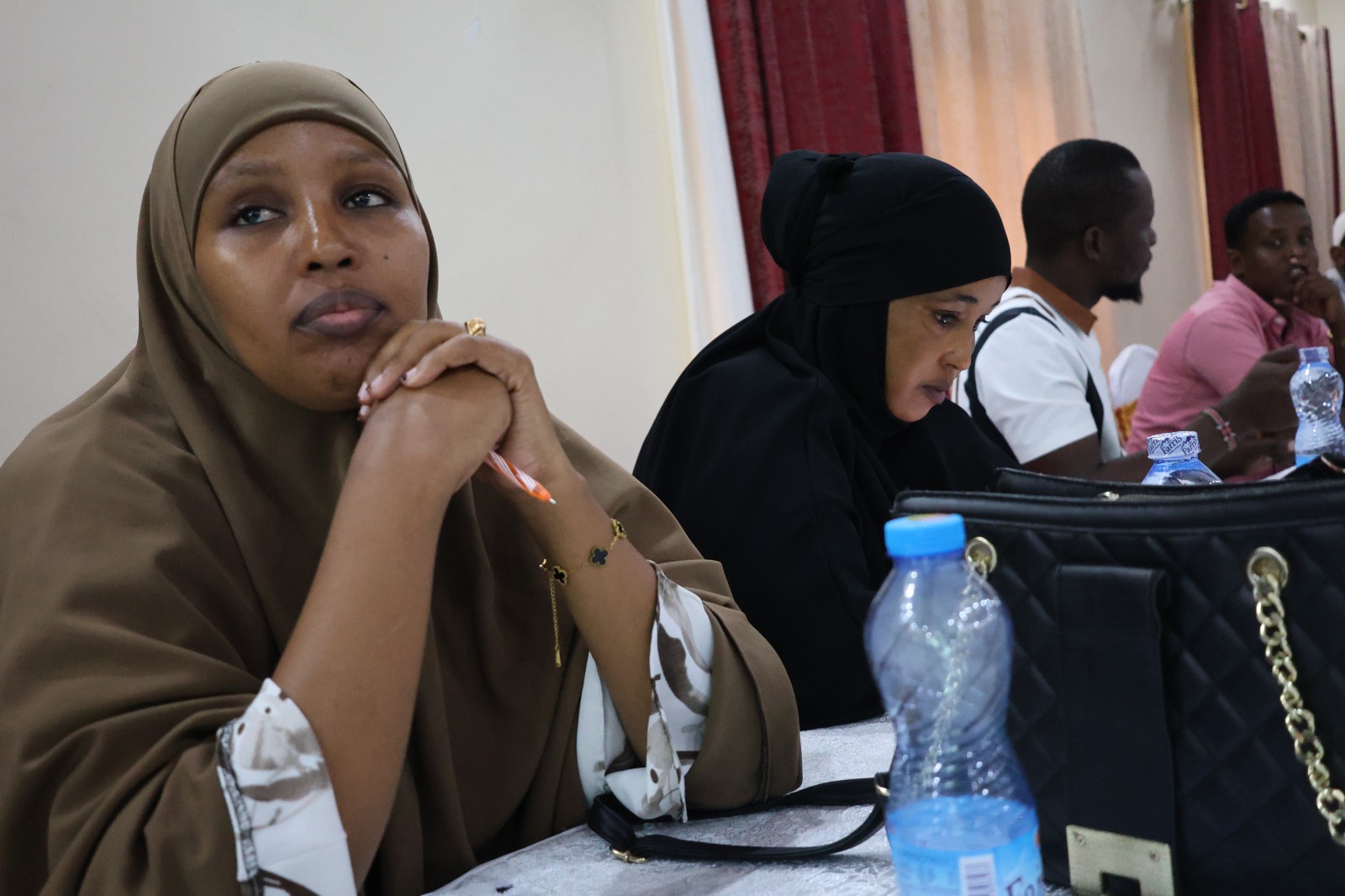


The Kenya National Commission on Human Rights has called for heightened vigilance from stakeholders, especially parents, in Northeastern during the holiday period, as the risk of FGM tends to rise.
The call was made during a three-day forum organised by the commission in Wajir town.
Despite years of government and community interventions, cases of female genital mutilation, early marriage and GBV remain alarmingly high in the region.
KNCHR regional coordinator Hassan Omar said being watchful would go a long way towards reducing incidents, warning that the extended break from school provides room for perpetrators to prey on girls, often under the cover of cultural rites.
“The long holiday may be a season when stakeholders must be awake to the reality on the ground. This is the time when circumcisions occur. We have seen before where our young girls and daughters are ferried to the villages after which they are forcefully and secretly subjected to this harmful practice,” he said.
The Kenya Demographic and Health Survey 2022 shows FGM prevalence dropped to 15 per cent, but in Garissa, Wajir and Mandera counties, the figures remain stubbornly high at 83%, 97% and 96% respectively.
“I call upon the security agencies to be alert during this period so that we can arrest those who engage in harmful cultural practices,” Omar added.
The commission, he said, is working hand in hand with stakeholders to end FGM through community-centred interventions that respect local contexts while promoting human rights.
The meeting brought together civil society groups, security agencies, human rights defenders, religious leaders and community elders.
Experts and activists at the forum highlighted the mental, social and health impacts of FGM among Somali girls, as they continue to work towards ending the vice.
Hinda Ahmed, a long-serving nurse and anti-FGM campaigner, spoke about the health implications of the practice on young girls and older women.
“FGM increases the risk of HIV/Aids and Hepatitis B due to the use of unhygienic equipment. It can negatively impact marital life, causing pain instead of happiness and may lead to infertility or sexual dysfunction,” she said.
“During pregnancy, women often experience urinary tract infections, back pain, bladder problems and prolonged labour that can endanger both mother and child,” she added.
Local human rights defender Safi Abdullahi said the community must now stand on the right side of history.
“We have forgiven our mothers for what they did to us. But now, we must stop the vice and protect young girls. That is our message to the community,” she said.
The practice continues to thrive in secrecy, passed down through generations as a cultural norm, even though it has been outlawed and condemned by both the government and some religious scholars.
The workshop encouraged stronger collaboration between the police, civil society groups and local communities to ensure that reports of FGM are acted upon swiftly and effectively.
Participants urged clerics and elders to use their influence to speak against the practice. Cultural beliefs, they said, should not be used as an excuse to harm young girls.



